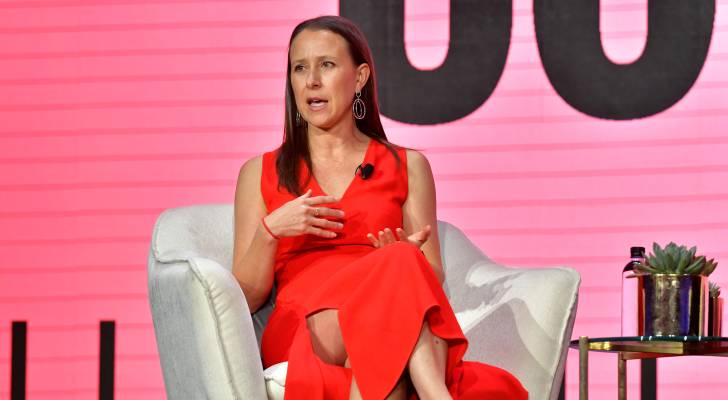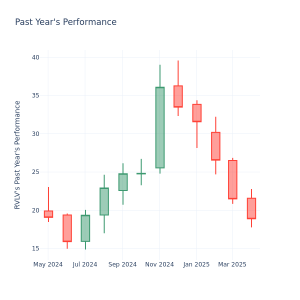Would you trust a company with your most personal data — your DNA — if it was on the brink of collapse? Millions of 23andMe customers are now facing that unsettling reality as the genetic testing company faces an uncertain future.
The California-based company offers DNA self-testing kits for users to explore their ancestry. It went public in 2021 with a $3.5 billion IPO but has faced significant challenges in recent years. In 2023, a major data breach compromised 6.9 million users’ information, leading to a financial settlement. Since then, the company has struggled, with all independent directors resigning in September and a 40% workforce reduction in November.
On March 23, 2024, 23andMe announced it was “entering a voluntary Chapter 11 restructuring and sale process.” While the company assured users their data remained protected and operations would continue, concerns grew, especially after California Attorney General Rob Bonta urged customers to delete their information.
“California has robust privacy laws that allow consumers to take control and request that a company delete their genetic data,” Bonta said. “Given 23andMe’s reported financial distress, I remind Californians to consider invoking their rights and directing 23andMe to delete their data and destroy any samples of genetic material held by the company.”
Bonta isn’t the only attorney general to act. Officials from Arizona, South Carolina and New York have all urged consumers to delete their data, providing instructions to do so by logging in, navigating to the Settings section, choosing the 23andMe data option at the bottom of the page and opening the “Delete Data” section to click “Permanently Delete Data.”
However, not all users have been able to successfully remove their information. Here’s what happened when they tried, along with details on the bankruptcy proceedings, their implications for consumers and steps to protect your data.
Sunnyvale’s 23andMe reportedly has $214.7 million in debt compared with $277.4 million in assets. It filed for Chapter 11 bankruptcy in hopes of selling “substantially all of its assets.”
Chapter 11 allows struggling businesses to restructure debts while continuing operations, with the goal of facilitating a sale. Board Chair Mark Jensen called bankruptcy “the best path forward,” as it could reduce costs and resolve legal and leasehold liabilities. Despite this, the company’s stock lost nearly all its value, now trading below below $1 per share.
As the bankruptcy was announced, CEO and co-founder Anne Wojcicki also stepped down — but not for the reason assumed.
“I am supportive of the company and I intend to be a bidder,” Wojcicki stated on social media. “I have resigned as CEO of the company so I can be in the best position to pursue the company as an independent bidder.”
The company aims to continue operations, and if Wojcicki successfully acquires the business, it could emerge more financially stable post-restructuring. However, the bankruptcy has severely damaged trust, making recovery an uphill battle for any new owner.
Read more: Are you rich enough to join the top 1%? Here’s the net worth you need to rank among America’s wealthiest — plus 2 ways to build that first-class portfolio
With 23andMe looking for a buyer, many consumers fear their private DNA data and other details will be sold, such as payment information, could be sold. Their concerns are rightly placed.
The company has stated that both it and any future owner must adhere to its privacy policy. However, it also acknowledged that in the event of “bankruptcy, merger, acquisition, reorganization or sale of assets, your personal information may be accessed, sold or transferred as part of that transaction.” A new owner could also change the privacy policy going forward.
Sally, many consumers concerned about this issue went to the website to try to delete their data — but so many people tried to take this action at the same time that the computer system struggled to keep up, and consumers got error messages.
“This has been a nightmare,” Pauline Long of Alabama told BBC. Long worried 23andMe would retain her data and attempted to delete it, but she had to wait two hours to speak with a customer service agent before successfully closing her account. She remains skeptical that her information was fully erased.
The company claimed the technical issues have been resolved, though users may need to provide additional verification before deletion requests are processed. It also noted “some limited information” would remain. Customers facing issues should contact 23andMe’s Customer Care via customercare@23andme.com for help.
If you are concerned about your DNA privacy, follow the deletion steps online, and if you encounter issues trying online first, and then reaching out via email if necessary. This is especially important because, while financial data breaches can be mitigated through measures like credit freezes, there is no comparable sageguard for genetic falling into the wrong hands.
This article provides information only and should not be construed as advice. It is provided without warranty of any kind.


